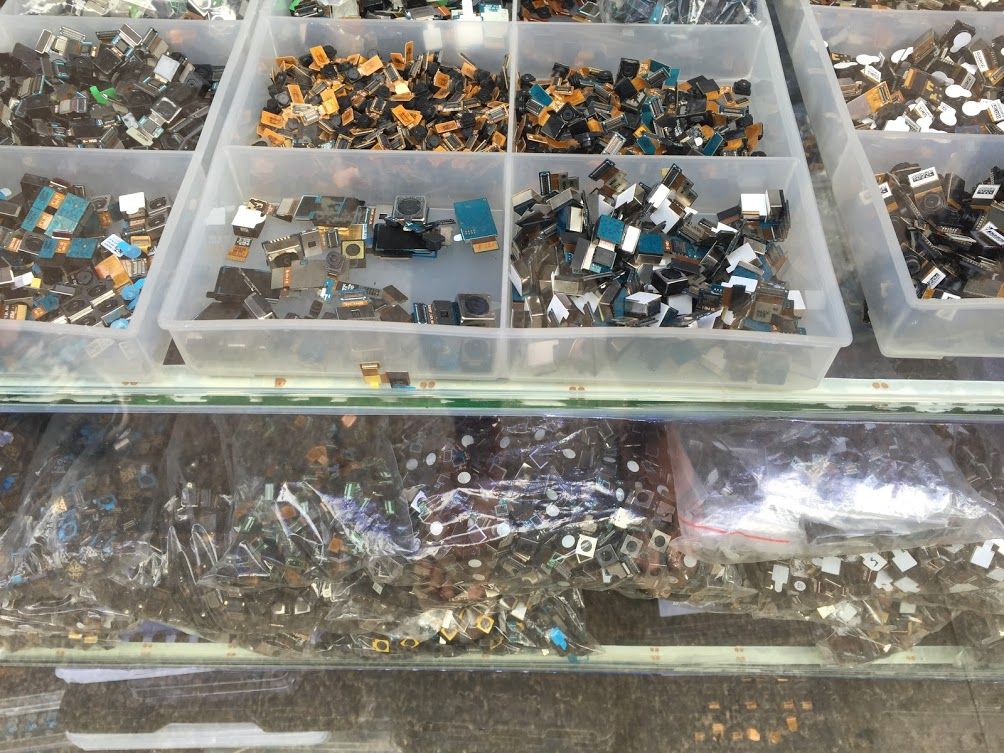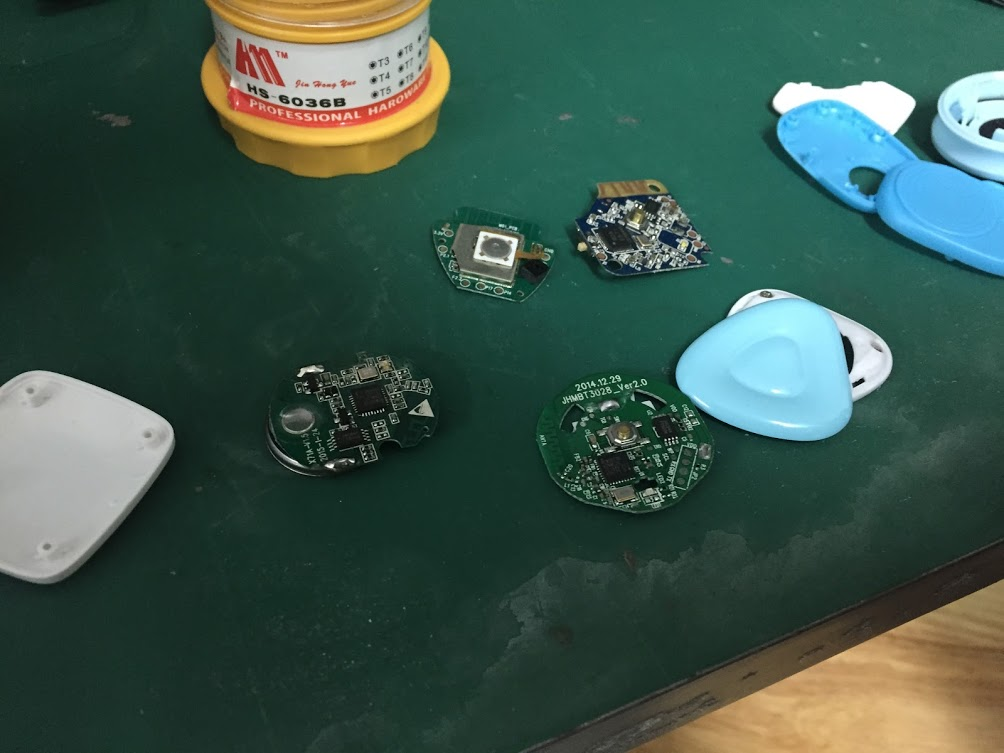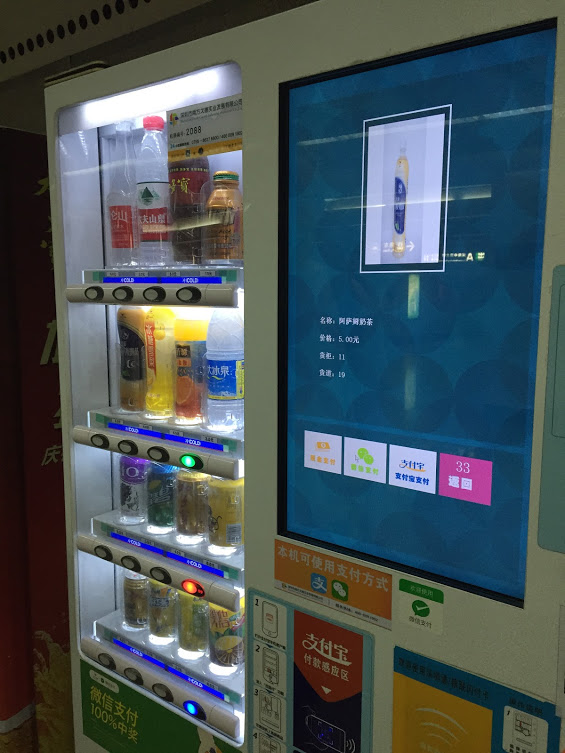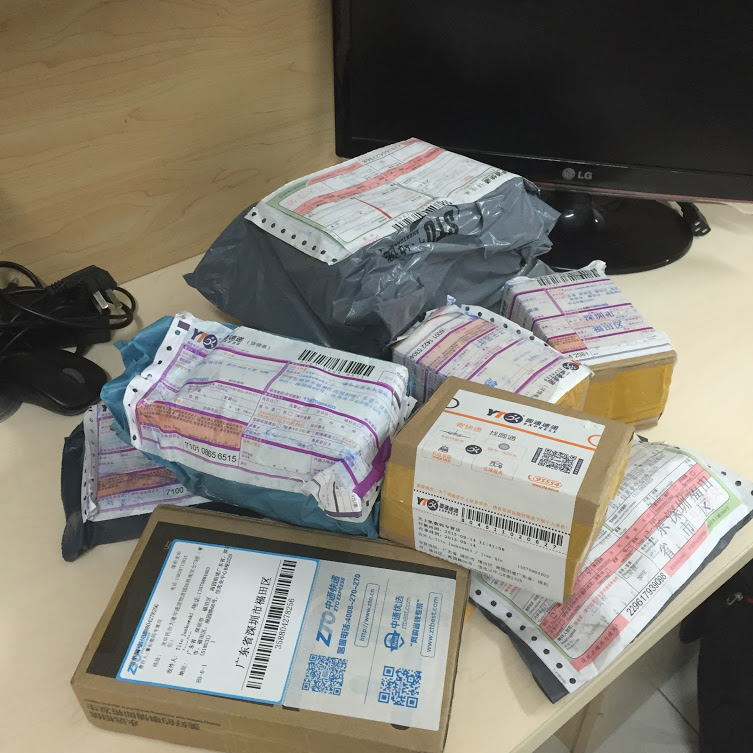Thoughts on China and 15 things I learned in Shenzhen

For much of this year I’ve been fascinated with Chinese technology companies. This first started when I saw MyIdol, a quirky Chinese app for building funny avatars, made it into the top ranks of the US app store, without being localized. In other words, an app with no English instructions, menus, or content was so compelling that everyone from Miley Cyrus to John Mayer was talking about it and using it. In the past couple of months, there has been much more interest in WeChat as a platform, DJI as a global brand, and Didi Kuaidi as the goliath that will prove to be to much competition for Uber to handle.
My sense is that Silicon Valley grossly underestimates China’s ability to create transformative consumer products that will be adopted in the West. WeChat is a great example–the discussion is more about how their platform approach shapes Facebook’s Messenger strategy, and not about why WeChat could be the next WhatsApp. Tech journalists acknowledge the success of Chinese companies, but fail to accept the extent to which they can be competitive in the US (e.g. Barrons bizarrely comparing Alibaba to a struggling eBay).
With these ideas in mind, I was able to spend the last two weeks in Shenzhen, China (my first time in mainland China!). Shenzhen borders Hong Kong to the North and is the 5th most densely populated city in the world, with a population of over 10 million people. It serves as a massive manufacturing hub and is the site of “FoxConn city” and the Huaqiangbei electronics market. Here are some observations (mainly for me), about what I learned and what I saw:
1. The smartphone supply chain is incredible - with hundreds of millions of devices being sold each year, the cost for memory, chips, sensors, cameras, and all sorts of components are coming down due to massive scale.

2.There is huge opportunity for companies that can tap into existing supply chains - in the same way that portable chargers seem to have capitalized on cheap lithium ion 18650 batteries, or that selfie stick remotes capitalize on cheap bluetooth chips, the opportunity seems to be around tapping into the economies of scale that have been created by other larger companies.

3. Prototyping a product in Shenzhen is great, but ‘making it’ is tough - with many factories and suppliers close by there are fewer delays and prototyping can happen much more quickly. However the expectation that you can show up with a rough sketch and get something built quickly for large scale manufacturing is unrealistic.

4. People know what circuit boards are - people are familiar with electronics and nobody is going to confuse a PCB with some wires with a bomb.
5. eBikes and and eTrikes change last mile delivery in a dense city - electric vehicles are everywhere all the time and made deliveries through the city simple and fast.
6. WeChat simplifies communication (and pretty much everything else) - everyone uses WeChat. There is no confusion around how to connect with friends or businesses. WeChat also changes to B2C communication. It’s realtime, unlike email which is much slower.


7. Taobao is incredibly powerful - Taobao is Alibaba’s C2C marketplace (similar to eBay). You can buy nearly anything on Taobao with fast shipping and incredible prices.

8. The Firewall is a huge issue - Yes you can VPN around to get access to blocked content, but there is never a guarantee that your VPN will work 100% of the time.
9. Western services generally offer a second-class experience - given the issues with VPNing, it makes much more sense to use China-based equivalents to Gmail, Dropbox, and Hangouts.
10. Bing search is a joke - I haven’t used it in a while, but since it’s not blocked in China I gave it a try for the couple of weeks I was there. Never again.
11. Baidu is always incredibly fast - every time you think the Internet speed is horrible, you can load up Baidu and see how fast other services could be. This may be one of the reasons so many Chinese developers were hit with Xcode malware recently. Downloading Xcode binaries from Baidu has to be far faster than going through Apple’s servers.
12. Cheap shipping presents massive opportunity - given the low costs of manufacturing, if you can ship product globally for a reasonable price there’s lots of potential (e.g. Wish)
13. Lots of construction, but exceeds demand - tons of buildings going up, but many remain vacant.
14. Translation apps are getting pretty good - Baidu translate is almost good enough for most situations. Live audio translations work decently well.
15. China is very ethnically diverse - many people assumed I was Chinese, which really surprised me (I’m half-Japanese). Many different types of people.